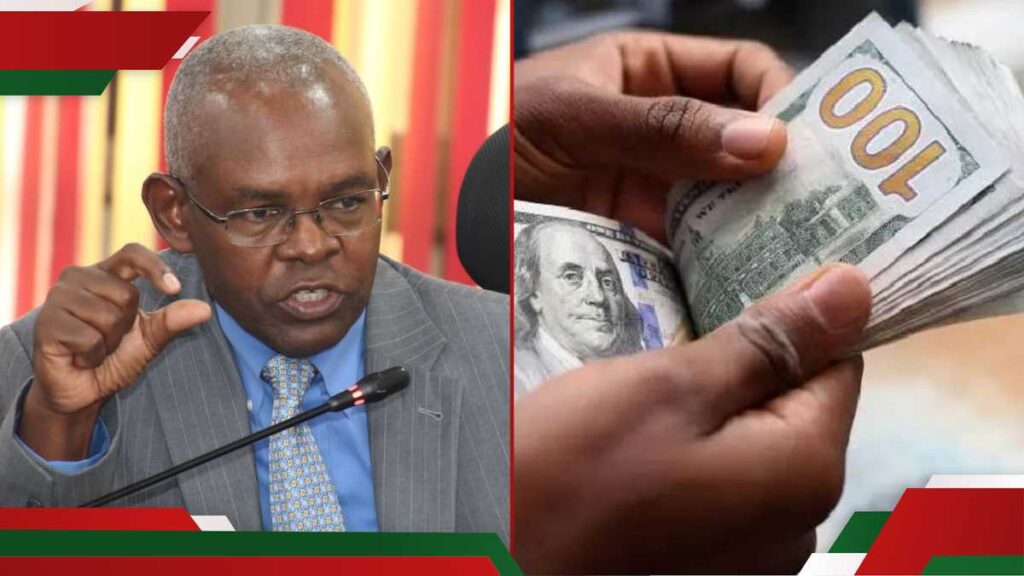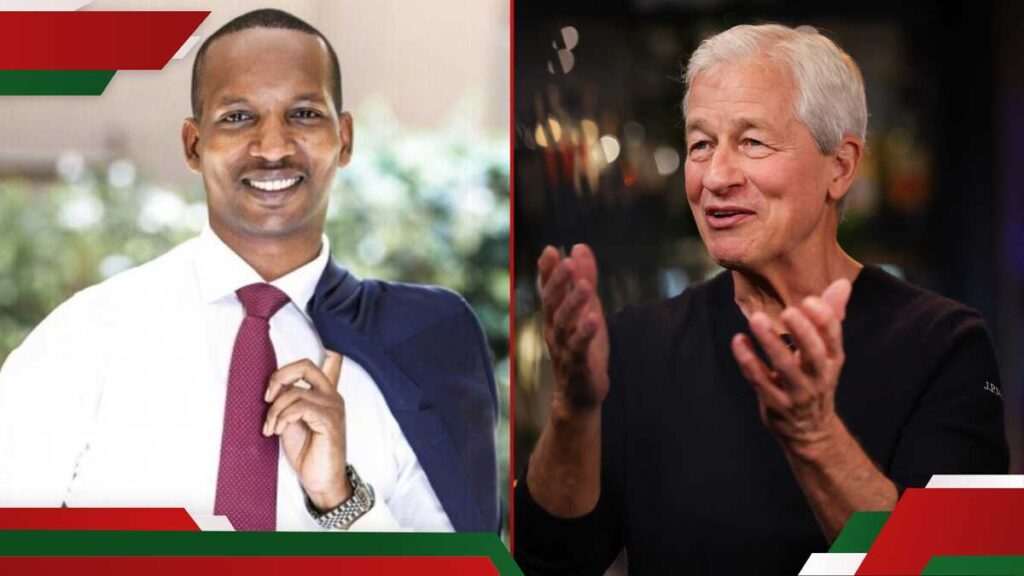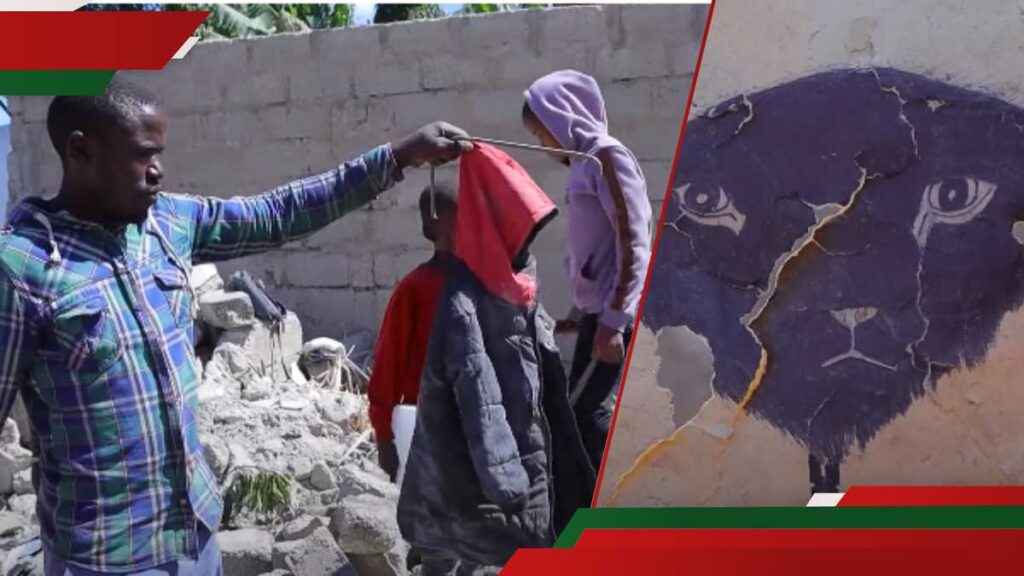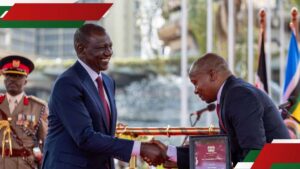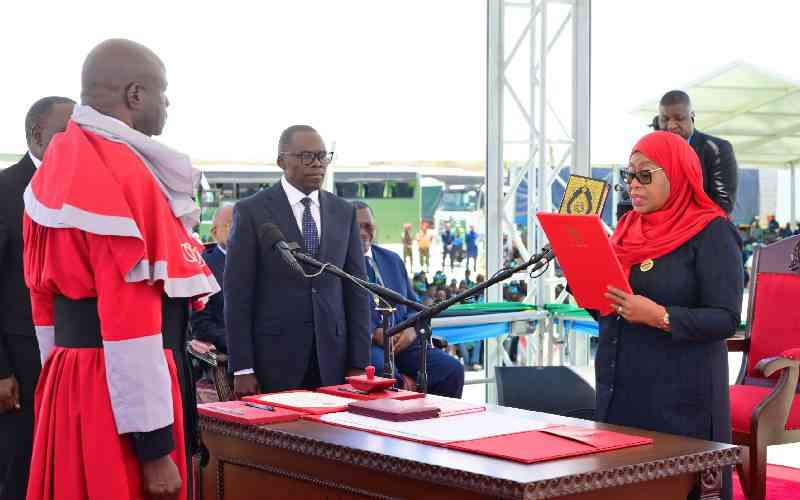- The International Monetary Fund (IMF) completed its seventh and eighth review of the funding programme for Kenya
- IMF board meeting held on October 30, 2024, approved the disbursement of KSh 78.1 billion in total financing under the Extended Fund Facility (EFF), Extended Credit Facility (ECF) and Resilience and Sustainability Facility (RSF)
- The international lender highlighted the achievements of the programme, including lowering inflation to the current 2.7% reported in October 2024
- Market analyst at FXPesa Kenya Rufas Kamau explained that the IMF programme played a vital role in stabilising the shilling, which lowered import costs and thus reduced inflation
PAY ATTENTION: Flexible Payment Plans Available! Invest in Yourself & See the Return with Our Affordable Copywriting Course!
TUKO.co.ke journalist Wycliffe Musalia has over five years of experience in financial, business, and technology reporting and offers deep insights into Kenyan and global economic trends.
The International Monetary Fund (IMF) has revealed its funding model progress and achievements in Kenya.

Read also
IMF sets tough conditions for Ruto’s govt, calls for trust in handling public funds

Source: Facebook
IMF approved the disbursement of KSh 78.1 billion under the Extended Fund Facility (EFF), Extended Credit Facility (ECF) and Resilience and Sustainability Facility (RSF).
Speaking during the seventh and eighth reviews held on Wednesday, October 30, the IMF board recognized that the resolution of the exceptional external financing pressure earlier this year revived Kenya’s economy.
Do not miss an opportunity to join FREE webinar “AI in Action: Practical Skills for Creative Professionals.” Register here.
“Nevertheless, the EFF/ECF program has delivered on reducing inflation, strengthening external buffers, and stabilizing the exchange rate,” read the IMF board statement in part.
Which economic achievements has IMF programme achieved?
The Bretton Woods institution attributed the following economic reforms to its funding programme:
1. Improved market confidence
Kenya’s market condition improved in the second half of the year 2024.
In October 2024, the Nairobi Securities Exchange topped the Morgan Stanley Capital International (MSCI) tracker’s list of the 10 best-performing stock markets in Africa.

Read also
IMF reduces Kenya’s funding to KSh 78.1b after Ruto’s govt withdrew Finance Bill 2024
2. Supporting shilling stabilization
The IMF said its arrangements with the Kenyan authorities were vital in stabilizing the shilling against major international currencies.
In January 2024, before the IMF’s third review, the shilling exchanged at KSh 160 per US dollar.
However, after the release of KSh 150 billion, the programme strengthened the country’s foreign reserves, pushing the shilling value to the current KSh 129 per US dollar.
“The programme facilitated faster buildup of the Central Bank of Kenya (CBK) foreign currency reserves,” said the IMF.
3. Enabling external buffers
The international lender revealed that the programme strengthened the country’s external buffers, which opened doors for investors in Kenya.
4. Reducing inflation
The IMF said it played a significant role in lowering Kenya’s inflation below the CBK midpoint range of 5%.
Data from the Kenya National Bureau of Statistics (KNBS) showed inflation anchored at 2.7% in October 2024.

Read also
IMF warns Kenya against KSh 193b UAE loan: “It’ll lead to debt problems”
How IMF helped to stabilise Kenya shilling, reduce inflation
In an exclusive interview with TUKO.co.ke, market analyst at FXPesa Kenya Rufas Kamau explained that the IMF programme was significant in stabilising the shilling through improved reserves.
Kamau added that the strong shilling reduced import costs, thus lowering inflation.
However, he attributed much of the drop in inflation to increased food production.
“Much of the drop in inflation can be attributed to increased food production after the rainy season and lower global prices for crude oil. However, the IMF’s contribution helped stabilize the shilling, which led to cheaper imports and, therefore, lower inflation rates,” said Kamau.
Will the tight fiscal policies hurt Kenya’s economy?
Kamau noted that CBK’s tight monetary policies could keep the shilling stable, as the IMF suggests, but tight fiscal policies could plunge the economy into recession.
“While the Kenya shilling remains steady, caution ought to be taken with the CBK’s monetary policy tightening since the parliament has continually passed fiscal tightening policies that may push the economy into a recession.

Read also
IMF chief seeks more details on BRICS payments system plans
“We may experience slight pressure on the exchange market as foreign investors look to repatriate dividends and profits earned from buying the NSE dip. However, the shilling outlook seems stable,” added.
IMF conditions for Kenya
Meanwhile, the Bretton Woods institution warned of weakened fiscal performance and delays in reform implementation, urging the government to make the tax regime more efficient and ensure accountability.
The international lender urged the government to address deficiencies in governance, anti-corruption frameworks and AML/CFT, including leveraging the requested governance diagnostic.
Earlier, the IMF revised Kenya’s projected Gross Domestic Product (GDP) growth from 5.3% to 5%.
Source: TUKO.co.ke








